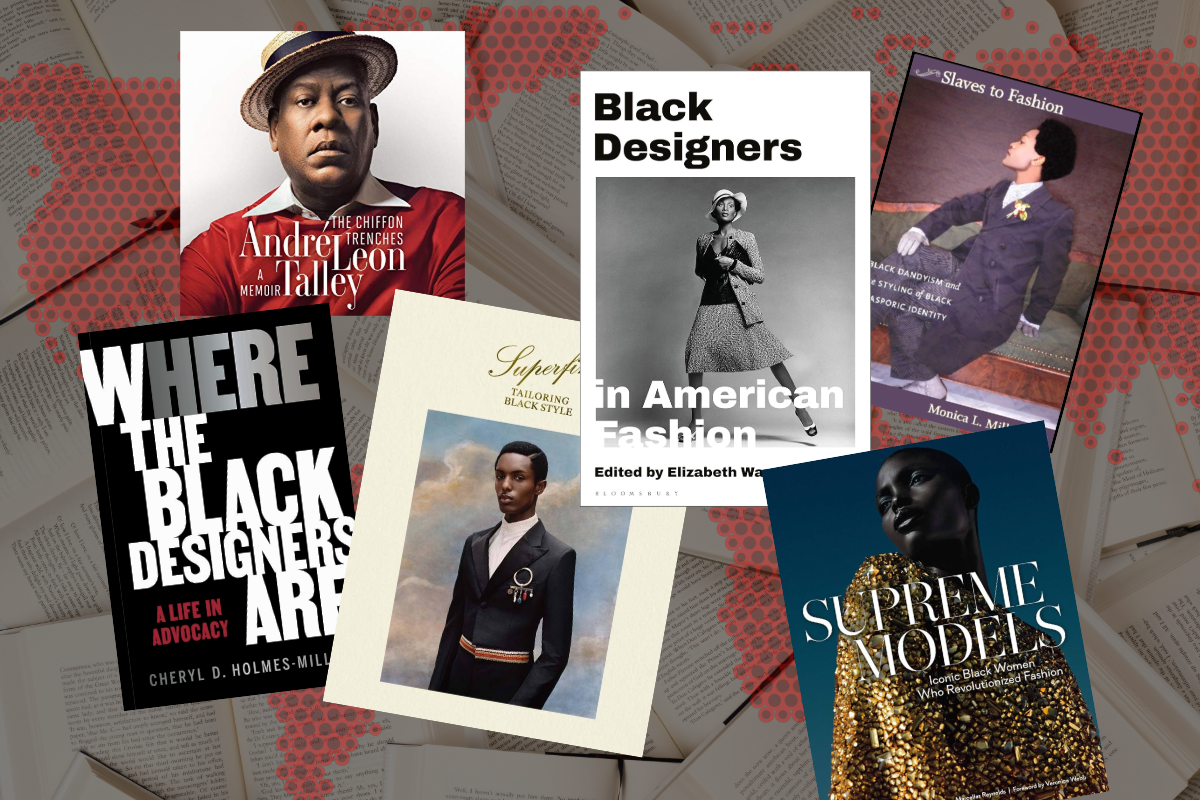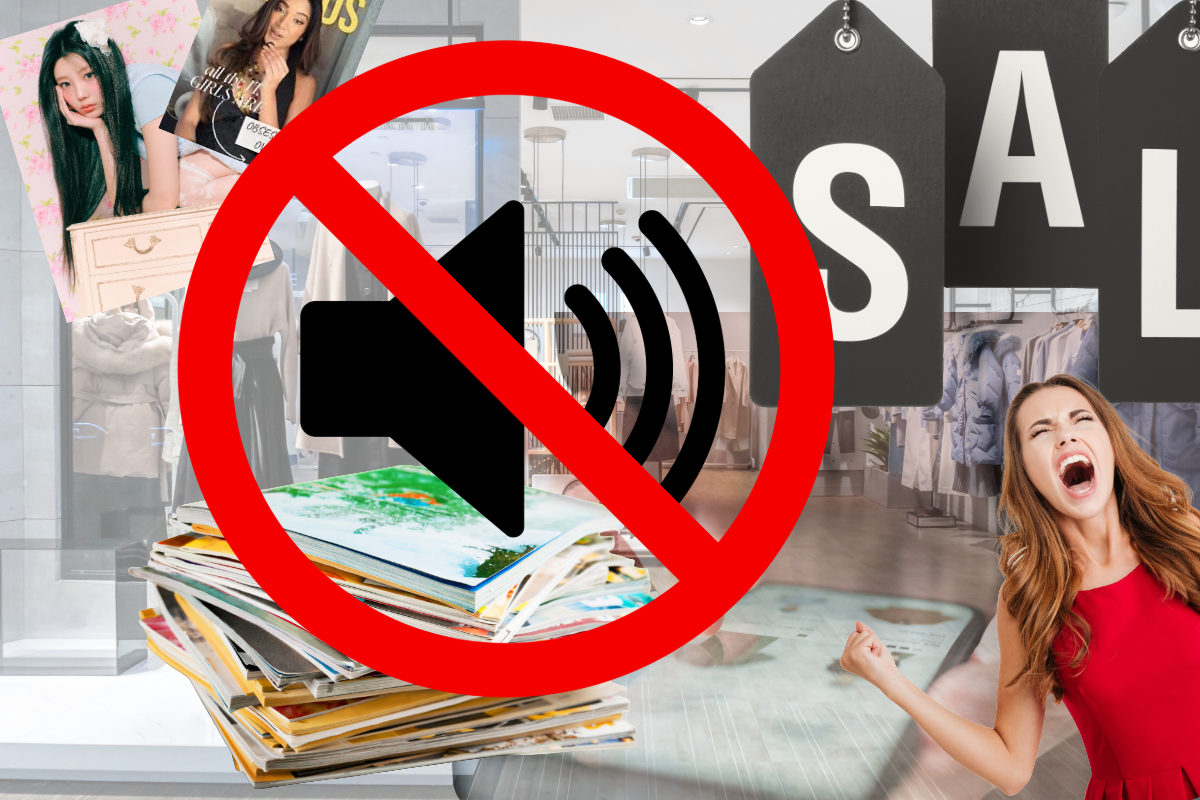Fashion photographer Bill Cunningham used to say that fashion is the armor to survive the reality of everyday life. The truth is, there is a certain level of empowerment when you wear the pants that fit you right, the shoes that boost your confidence, and the bag that matches your personality and makes you smile as it reminds you of the happy moment when you bought it.
In medieval times, warriors used to wear metallic armor from head to toe to protect themselves during the war. As time has passed, it seems like dressing up with clothes that make sense to you and who you are, is one of the best ways to get ready to survive the reality of everyday life. We may no longer need a helmet and a sword to confront challenges outside. Still, there’s something about using the exquisite cologne you love, or the eyeshadow that enhances your eye shape, or the shoe that boosts your confidence that makes you feel at least a little bit better about going out in the streets. You are exposed to a whole group of people who will only get to see the superficial aspect of who you are, and it makes sense that once in a while, we focus on this superficial aspect.

Some common scenarios that illustrate this reality are the person who is starting a new job. They are carefully selecting the clothes to create a good first impression that is ideally somewhere between professional-looking and approachable. We also have the broken-hearted person who wants to look spectacular to make their ex-partner jealous. And what about the person who plans a diet and an exercise routine months in advance prior to a trip or an event? We know how cruel people are outside, and we try to do our best to protect ourselves from criticism and judgment.

And there seems to be a double narrative around this matter because many people express their dissatisfaction with people being superficial. Still, at the same time, we judge books by their cover and make assumptions about people based on what they wear. It’s almost as if we are contributing to the toxic culture, hurting our feelings.
So, in this sense, fashion acts as a shield from our insecurities. Because we know we are less likely to be judged behind a nice coat and a cool pair of jeans. Today, we’ll talk about fashion as a shield from our insecurities. Because after years of a toxic positive culture where we are not allowed to cry, complain, or be unhappy, our emotions will not magically disappear. And from time to time, we need a little something to make ourselves smile and keep going.
The Expectations of Life And The Pressure to Look Good

Know what you are doing, be strong, but be emotional, be a good family member, be a good partner, eat healthily, get enough sleep, have fun, work hard, rest, be ambitious, be grateful, and enjoy the whole process.
In a world that bombs us up with expectations and stories of the American dream regularly, it’s easy to get frustrated and feel like we are not doing enough.

People on TV seem to have their life together. There’s a family; there’s a dream house. They look spectacular, seem to be financially stable, and have time to travel, have fun, and host parties. It makes sense that sometimes we rely on fashion as a cover to pretend that everything is ok. Maybe internally, we are dealing with encountered emotions, unfinished conversations, and personal challenges. But on the outside, we are carrying a bag that brings us joy; we are wearing a jacket that makes us happy; we are walking in shoes that bring joy, whether that’s because they are comfortable or because they are simply very cool.
We seem to be sandwiched between two narratives. One that tells us that the way we look is important and that we should buy nice things and wear them to show everybody how cool we are. The counter narrative is about not being superficial, and working only on our internal matters, because “fashion is superficial.” So there is an opportunity here to find common ground. We shouldn’t be punished for caring about nice clothes and nice looks. Dreaming about a designer bag is not selfish, and with work and smart financial planning, the last thing we need is someone telling us “material things don’t matter” with a sassy sense of superiority.
Fashion therapy: It’s Not Right But It’s Ok

Materialism has been deeply satanized and criticized. It is true that material things make us happy. Material things won’t abandon us, judge us, insult us, or betray us. So it makes sense that we find a certain level of relief when we decide to buy these products. Jobs end, people leave, difficult challenges in life come up, and we need a sense of certainty, control, and relief from time to time. The so-called retail therapy has received a negative connotation, with the idea that people get in debt for spending tons of money irrationally. Although this is the case for many individuals, for many others, it’s as simple as buying a shirt that they like, and that doesn’t represent enormous spending in their budget.
So as long as there’s no impulsive desire to buy products that you don’t need and to spend money you don’t have, it is ok to buy something nice for yourself once in a while.
80% of our decisions are made based on our emotions, and only 20% of them are rational.
The Special Items

Do you have a bottle of wine you haven’t opened because you are waiting for a special occasion? How about a pair of shoes still in the box because they are too special for an “average day”? When we buy things, we assign them a value that may or may not be related to their monetary value. It may be an inherited piece of jewelry that is special because of the time it’s been owned by your family. Maybe it’s a special edition that is no longer available, which makes it particularly valuable to you.
When we give this value to the things we own, we are not letting ourselves create special memories with them. It’s a very overshared thought the statement of “Living your life as if it was your last day.” However, as much as we hear it, it seems that we are still not learning this lesson. Because the wine will get old, and the shoes will get moldy, so we will not get let ourselves have this positive experience that was the reason why we bought these things, to begin with.
So open that bottle of wine, and wear those shoes. Plan to make this happen in the next few days because the best moment to make this happen is right now.
How to use fashion to feel better about yourself.

If fashion is a shield against your insecurities, there’s nothing wrong with that. As we mentioned previously, there are many expectations about who we are, what we do, and what we should be. Sometimes unconsciously, we start to work to meet those expectations because there is a certain reward for receiving people’s approval. And life is already too complicated to follow the narrative of pretending that we don’t care what people think about us. We are not constructing our lives around people’s opinions, but we are not going to ignore the fact that every once in a while, we enjoy a compliment on the way we look, the way we dress, and the way we work.
Demystifying fashion

Fashion is not superficial. Fashion is not all about vanity. Fashion is not for women only. On a subconscious level, we choose the clothes that we know will fit us better based on the weather, the occasion, and how we feel on that specific day. Even if we don’t say it out loud, there is a rational process behind putting together a sweater, a pair of jeans, and boots. Maybe it has to do with the autumn aesthetic all over social media. Maybe it’s simply about staying warm as we transition to the cooler time of the year. Maybe we are using clothes as a cover to pretend that everything is ok or as armor to protect ourselves from our insecurities and from the things we cannot control. One thing is for certain. We have control over the clothes we wear, and that is an act of autonomy that we practice every day.
The way you interpret this act of independence is up to you. As much as mainstream media tell us that we need certain clothes to be worth a certain value, or on the other side, that we don’t need things to make us happy, we find the need to develop our own version of these narratives and understand that every once in a while, all you need is to wear clothes that bring you joy, and there’s nothing wrong with that. That’s the value of seeing clothes on a regular basis as Political Fashion.
“Clothes mean nothing until someone lives in them.” – Marc Jacobs







